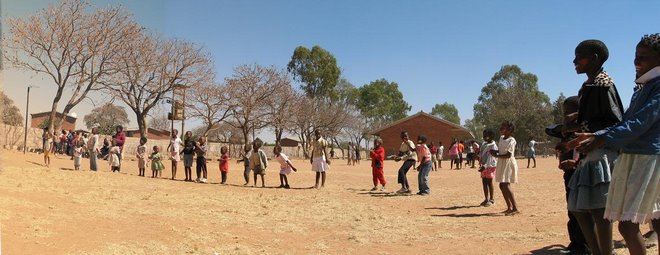Recently, I was asked to speak on poverty. I grew up a Pastors kid on the south shore of Boston. While we weren't rich or even wealthy by my classmates standards, we certainly weren't poor by American standards and certainly not by world standards.
I always struggle to talk about poverty. I've spent the last 3 years, knee deep in poverty issues, and still don't consider myself an expert in any way, even if others are increasingly looking at me as such.
Why? Margin.
The average worker in Zimbabwe supports 16 people. Up to this point in my career, I've mostly supported just myself. I recently got married on August 11th, but my wife is financially matching what I bring to our new family.
Productivity, according to the UN, is a huge indicator of individual financial wealth and a nation's health. According to a new report, developing countries in southern Africa produce only 1/12th of what developed countries, like the US, produce. That's a big difference!
Productivity is also a leading indicator of investment potential and the health of education. Without higher productivity numbers, foreign investments in emerging industries are likely to follow more productive people groups. Trailing in productivity also signifies a lack of an educated workforce.
We see that. We don't call ourselves experts at poverty, but we do call ourselves passionate about empowering people. For this reason, Forgotten Voices is helping local people create local projects that are focused on efficient uses of local resources. Educating pastors, lay leaders, and orphans are central components to each of the plans we've helped develop in southern Africa.
For more on productivity in the world, check out a new CNN/Money article. If you are interested in even greater depth, check out this new publication from the UNRISD.
Monday, September 3, 2007
Subscribe to:
Post Comments (Atom)





No comments:
Post a Comment